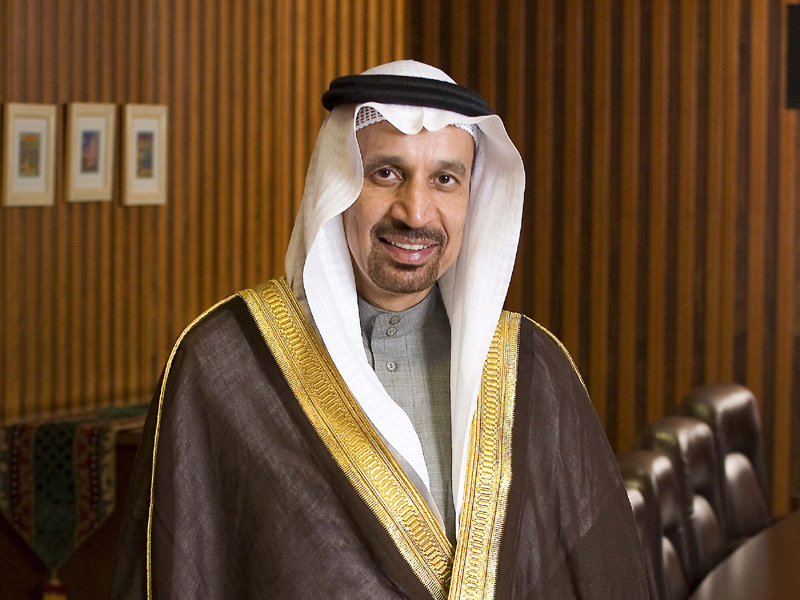
Falih ... eyes aren't on price
Peak oil takes a backseat to peak demand by 2030
ISTANBUL, October 10, 2016
The balancing of supply and demand, and not the price of a barrel of oil, is the key concern for oil-producing nations.
“My eyes aren’t on the price, my eyes are on supply and demand,” said Saudi Arabia’s Minister of Energy, Industry and Mines, Khalid Al Falih, in conversation with John Defterios, Anchor & Global Emerging Markets Editor, CNN, after making the opening keynote address at the 23rd World Energy Congress.
The Minister affirmed the kingdom’s commitment to hydrocarbons but said that the world needs to continue investing in all energy sources.
While the industry must be ambitious, its approach must be “pragmatic considering the potentially bumpy road ahead,” he said.
“Energy transformation will not be linear. There will be setbacks,” he said, adding that the international community would have to “skillfully navigate the uncharted waters of the energy transition.”
“The kingdom is committed to its role as the one with the largest share of the world’s spare capacity,” Falih commented. He also said that Saudi Arabia would be stepping up investment in unconventional oil and gas, targeting 18 bcf by 2020.
Determined to ratify the Paris Agreement on climate change before COP22, the Minister also said that the kingdom was targeting 10 GW in power-generation capacity from renewable resources, mainly solar and wind power, over the next five years.
“The mission and objectives of Opec are clear. Opec represents only a third of global market supply. The important role of Opec is to coordinate decisions,” the minister also said.
Falih, who will meet his Russian counterpart Alexander Novak in Istanbul this week during the World Energy Congress, said he hoped that Moscow would play a “constructive role” in rebalancing the market, adding that the same applied to other non-Opec members.
“We don’t want to give the market an opposite signal and suddenly increase prices. We need to find the right balance,” Falih said.
While the date of peak oil demand is has been pushed back to 2030, Falih said: “I don’t believe we’ll ever have stranded oil reserves in Saudi Arabia.”
On the possibility of prices rising to $60 per barrel by 2018, “the kingdom will be prepared to deal with whatever price emerges,” he said.
An uptick in seasonal domestic demand propelled Saudi Arabia’s crude production to an all-time record of 10.67 million barrels of oil per day in August. According to the BP Statistical Review of World Energy 2016, the production powerhouse boasts proven reserves of 266.6 billion barrels. Saudi Arabia’s reserves-to-production (R/P) ratio stood at 60.8 years at the end of 2015.
In her introductory remarks, Marie-Jose Nadeau, Chair of the World Energy Council, said: “No company, no country, no consumer will be unaffected by the changes we are set to witness. We call this the grand energy transition. None of us can continue business as usual,” Nadeau said, adding that the future looked challenging for oil-producing countries.
“Those we do not adapt will eventually lose,” she said, adding that “change and velocity” were the keywords for the congress and the future of energy. “How rapidly can we adapt to what we see happening in our business and government environments?”







